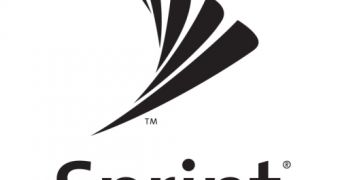On Monday, wireless carrier Sprint has released an official statement on its position on the merger between AT&T and T-Mobile. The operator does not agree with the AT&T’s proposed $39 billion takeover of T-Mobile USA.
The transaction was not closed as of yet, as it still requires the approval of the Department of Justice and the Federal Communications Commission, and is expected to “spark a host of hearings in the U.S. Congress.”
According to Sprint, the deal would reverse decades of actions by the U.S. government and the courts aimed at opening the communications market to competition.
The wireless industry already showed impressive levels of competition, innovation, job creation and investment for the American economy, and the transaction would undo them all.
“Sprint urges the United States government to block this anti-competitive acquisition. This transaction will harm consumers and harm competition at a time when this country can least afford it,” said Vonya McCann, senior vice president, Government Affairs.
“As the first national carrier to roll out 4G services and handsets and the carrier that brought simple unlimited pricing to the marketplace, Sprint stands ready to compete in a truly dynamic marketplace.
“So on behalf of our customers, our industry and our country, Sprint will fight this attempt by AT&T to undo the progress of the past 25 years and create a new Ma Bell duopoly.”
Sprint notes that AT&T and Verizon are the largest wireless carriers in the country, and that the transaction would result in the creation of a company that is almost three times larger than Sprint in terms of wireless revenue.
If approved, the deal would entrench AT&T’s and Verizon’s duopoly control over the wireless communications market in the country, the carrier argues.
“The wireless industry moving forward would be dominated overwhelmingly by two vertically integrated companies with unprecedented control over the U.S. wireless post-paid market, as well as the availability and price of key inputs, such as backhaul and access needed by other wireless companies to compete,” the company concludes.

 14 DAY TRIAL //
14 DAY TRIAL //